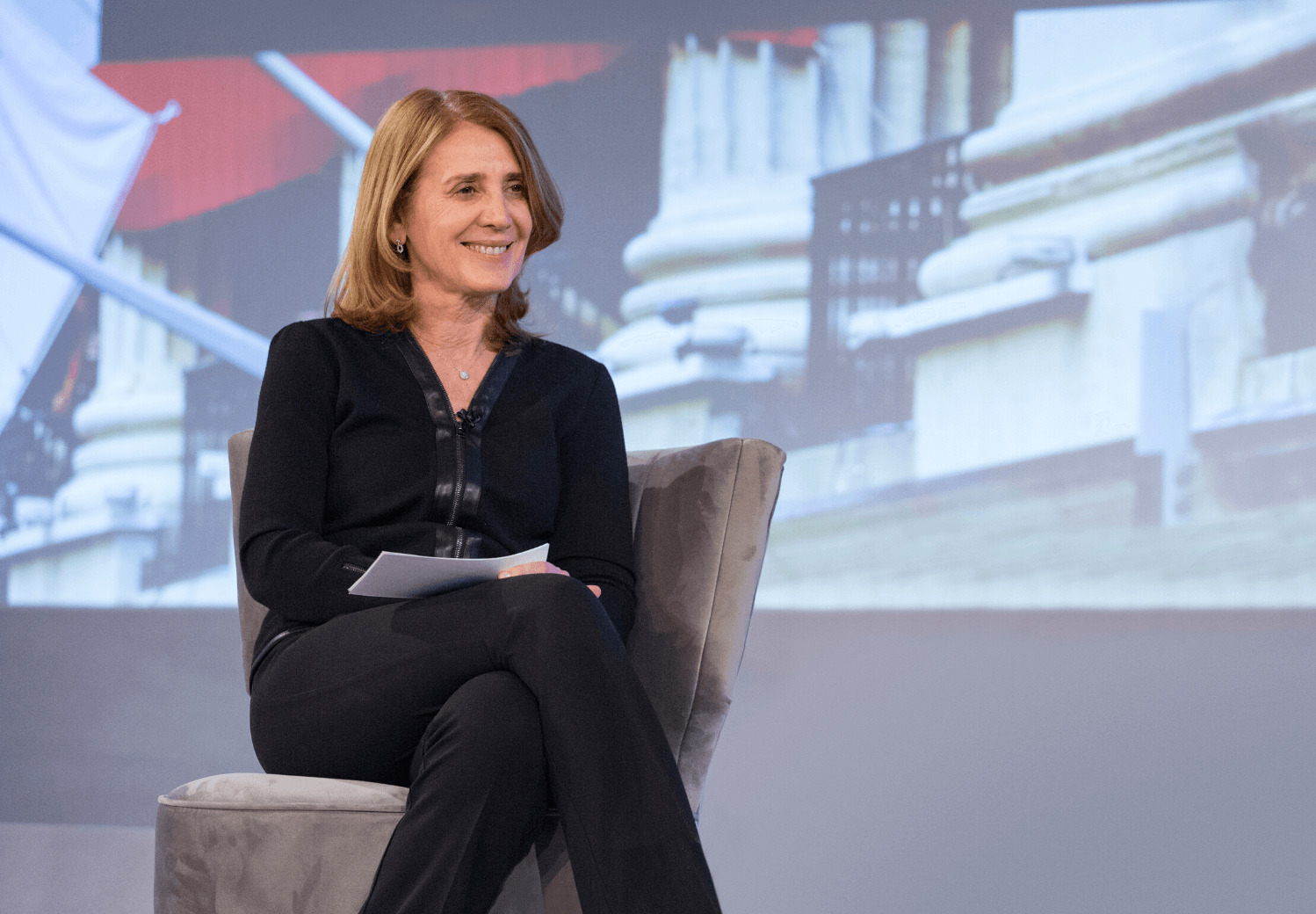Summary:
When interviewing candidates, Google CFO Ruth Porat asks people about their “battle scars” – what has happened to you, and how have you learned from it? Listen to her amazing insights about using adversity to become a better leader.
If you haven’t been tested in battle, how do you really know what you can handle? That’s why when Ruth Porat asks about battle scars when she interviews prospective employees.
Thuy

Ruth Porat
Thuy




